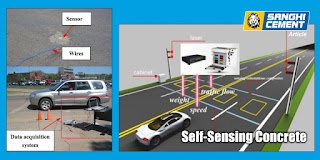Software every Civil Engineer should know

In this digital era, Each and every one has to adept digital media so as construction industry also. How hard construction industry tries to hold on to the traditional methods for execution doesn’t matter, the increasing complexities and intricacies of construction sites are going to bend it down eventually unless the industry makes itself adept with all the necessary digital software. This pandemic has given the opportunity to learn the software and this updation in your resume will help you in your career. Here is a list of important software, a civil engineer must know. Microsoft Excel As we all are well educated, we know how to use it but it is bigger than you imagine. Spreadsheet programs are used to perform routine calculations in engineering especially for repetitive calculations that do not need sophisticated programming. Sophisticated programming can be performed inside Excel by using Visual Basic for Applications. Microsoft Project Microsoft Proje...



